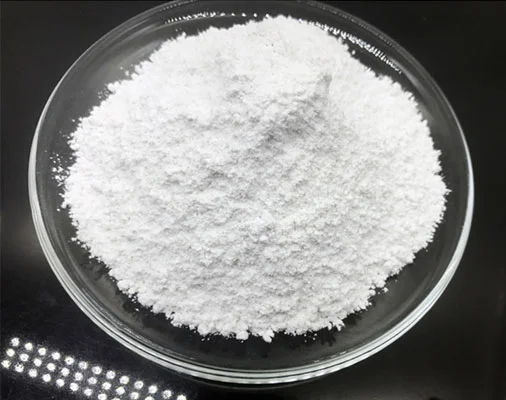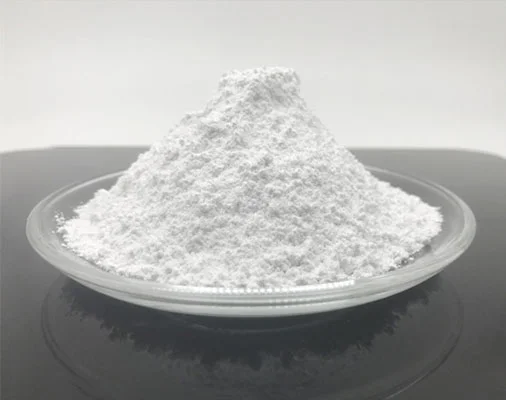Protocatechuic acid, a phenolic compound with the molecular formula C7H6O4, has garnered significant attention in the scientific realm due to its diverse biological and pharmacological properties. Renowned for its antioxidant, anti-inflammatory, and anticancer attributes, protocatechuic acid plays a pivotal role in the development of various pharmaceutical and cosmetic formulations. In this discourse, Viablife delves into the intricate biological production process of protocatechuic acid powder.
Introduction to Protocatechuic Acid
Before delving into production methodologies, it's imperative to grasp the significance of protocatechuic acid. Derived from natural sources like plants, fruits, and vegetables, this compound serves as a crucial metabolite in the phenylpropanoid pathway. Its multifaceted role in modulating gene expression and combating oxidative stress underscores its importance. The burgeoning demand for protocatechuic acid across pharmaceuticals, food, and cosmetics has catalyzed the quest for efficient and sustainable production techniques.

Traditional Extraction Methods
Historically, protocatechuic acid extraction relied on solvent-based techniques from natural sources. While effective, these methods often entail extensive usage of organic solvents, posing environmental and health hazards. Common solvents include ethanol, methanol, and acetone. Following extraction, the solution undergoes concentration and purification via filtration, centrifugation, and crystallization to yield pure protocatechuic acid powder.
Microbial Fermentation
An eco-friendly alternative to traditional methods involves microbial fermentation. This process employs microorganisms like bacteria, yeast, or fungi to convert biomass or organic substrates into the desired compound. Benefits include reduced chemical waste, lower production costs, and scalability. Microorganisms produce enzymes during fermentation, breaking down complex compounds into simpler molecules, including protocatechuic acid. Precise control over fermentation conditions optimizes production yields. Post-fermentation, the culture broth undergoes downstream processing for purification.
Metabolic Engineering and Synthetic Biology
Advancements in metabolic engineering and synthetic biology have facilitated the development of genetically modified microorganisms for enhanced protocatechuic acid production. Manipulating microbial metabolic pathways allows for increased yields and purity. Specific genes or enzymes are introduced or overexpressed, enabling efficient conversion of substrates into protocatechuic acid. This approach not only boosts production efficiency but also permits the creation of novel derivatives with enhanced properties.
Applications of Protocatechuic Acid Powder
Protocatechuic acid finds diverse applications across various industries. In pharmaceuticals, it serves as an important intermediate in durgs targeting inflammatory conditions, allergies, and cancer. Its antioxidant prowess makes it a sought-after additive in cosmetics, combating skin aging and promoting skin health. In the food sector, it acts as a natural preservative, colorant, and functional ingredient in health supplements. Ongoing research explores its potential in agriculture, environmental remediation, and material science.

Conclusion
The biological production process of protocatechuic acid powder epitomizes a fascinating journey from nature to the laboratory and beyond. As we unravel the mysteries of this potent compound, its benefits promise to enhance human health, foster environmental sustainability, and drive economic progress.
Viablife: Your Protocatechuic Acid Supplier
Viablife's Protocatechuic Acid embodies excellence, characterized by pristine white powder morphology, unparalleled purity, and optimal particle size distribution. Leveraging cutting-edge biosynthetic processes, Viablife ensures minimal impurities, enhancing fluidity and dissolution characteristics. We welcome inquiries regarding our pharmaceutical intermediates, anticipating mutually rewarding collaborations.
Related Suggestions:
Viablife
info@viablife.com
